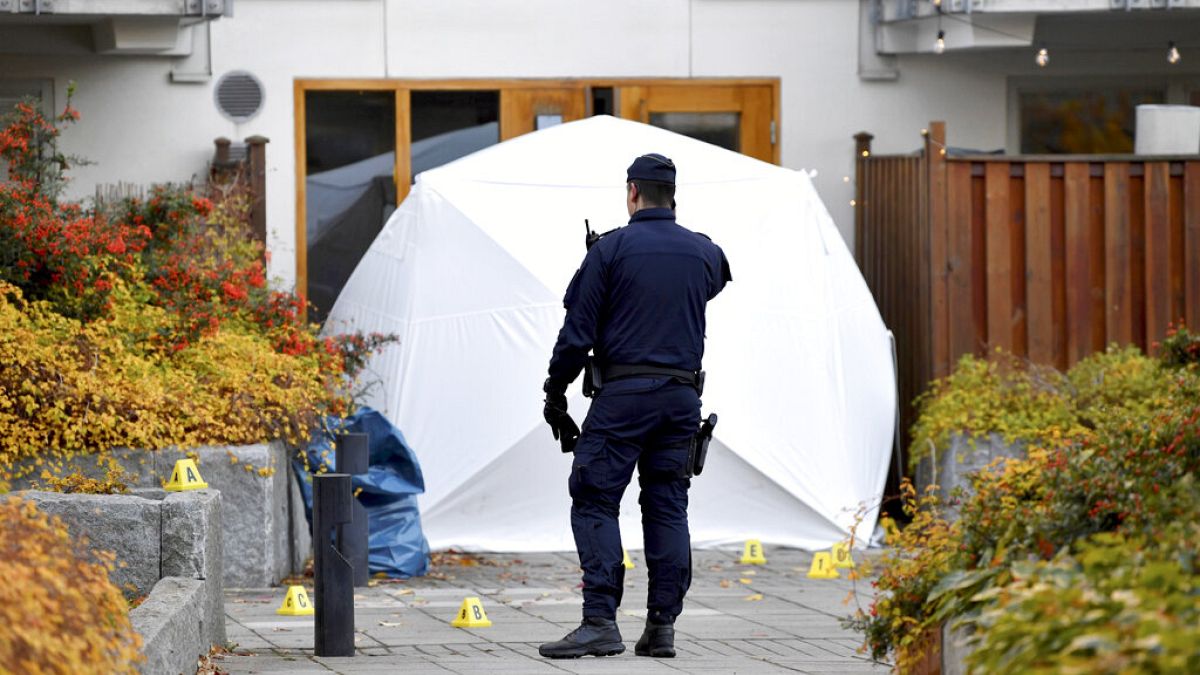WHO to get another €630 million from European countries, non-profits

Germany, Norway, Luxembourg, Denmark, and Ireland made the biggest new commitments to WHO funding.
European countries and a handful of non-profit groups have committed $700 million (€627.4 million) to fund the World Health Organization (WHO), which comes as the global health group pushes for more discretion in how it spends its money.
The WHO aims to use the new funding – on top of $300 million (€268.9 million) already committed by the European Union and African Union – to prevent 40 million preventable deaths from diseases over the next four years.
Germany will be the biggest spender, pledging nearly $400 million (€358.5 million), including $262.6 million (€234.8 million) in new money.
The WHO is funded through a combination of member state fees – which are based on countries’ gross domestic products (GDP) – and voluntary contributions from governments, non-profits, and other groups. Most of the money is earmarked for specific global health programmes or topics.
That rigidity, coupled with the fact that the funding timelines are typically short-term, means it has been difficult for the WHO to retain staff, launch multi-year projects, or quickly shift its resources to address health emergencies like the COVID-19 pandemic.
In 2022, countries agreed to increase their membership dues to cover 50 per cent of the WHO’s core budget by 2030 – up from 13 per cent in 2022 – to help ensure it has a “predictable, flexible, and resilient” flow of money to run its programmes.
“The WHO’s work benefits us all. What it needs for this work is sustainable financing that gives it the certainty to plan ahead and the flexibility to react,” German chancellor Olaf Scholz said at the World Health Summit in Berlin, where the funding was announced.
Europe’s ‘structural investment’ in health
A handful of other European countries also pledged new funds for the WHO: Norway (€83.9 million), Luxembourg (€46.6 million), Denmark (€36.7 million), Ireland (€29.3 million), Greece (€19.5 million), the Netherlands (€18.5 million), Finland (€1.9 million), Estonia (€1.6 million), Malta (€391,000), and Montenegro (€78,200).
In a statement, European Commission President Ursula von der Leyen called the WHO the world’s “collective first line of defence against health crises and inequalities,” and highlighted the EU’s €250 million investment – announced earlier this year – to help the WHO tackle global health issues such as mpox, cholera, and the Marburg virus, which is flaring up in Rwanda.
She said the EU will also spend more than €75 million to support the WHO’s mRNA technology hub in South Africa, which aims to boost the vaccine development capacity of low- and middle-income countries but faces logistical and technical hurdles.
The EU funding represents a “structural investment and building capacities [for the WHO] to better prepare and to respond to health threats,” von der Leyen said.
In addition to the government commitments, global health non-profit groups like Wellcome, Resolve to Save Lives, the World Diabetes Foundation, and the Institute for Philanthropy said they would give more than $130 million (€116.5 million) altogether.
Drug companies Sanofi, Boehringer Ingelheim, and Novo Nordisk also pledged to support the WHO, which will be pushing for additional commitments at the G20 summit in Brazil next month.
“We know that we are making this ask at a time of competing priorities and limited resources,” WHO head Dr Tedros Adhanom Ghebreyesus said, adding that “every contribution counts”.
World News || Latest News || U.S. News
Source link



